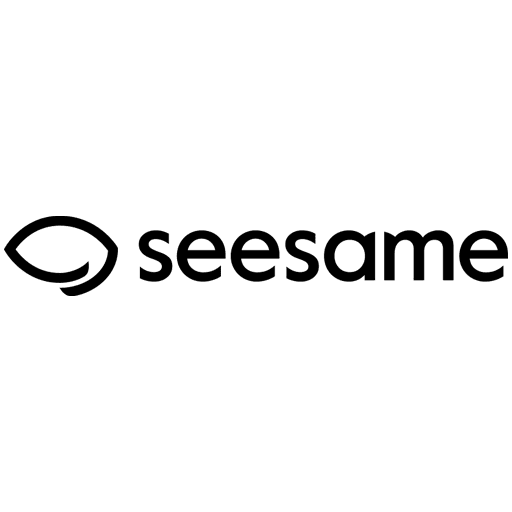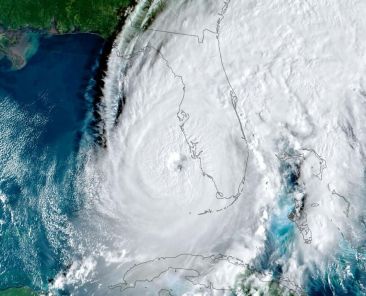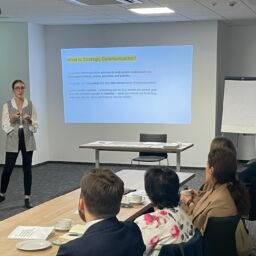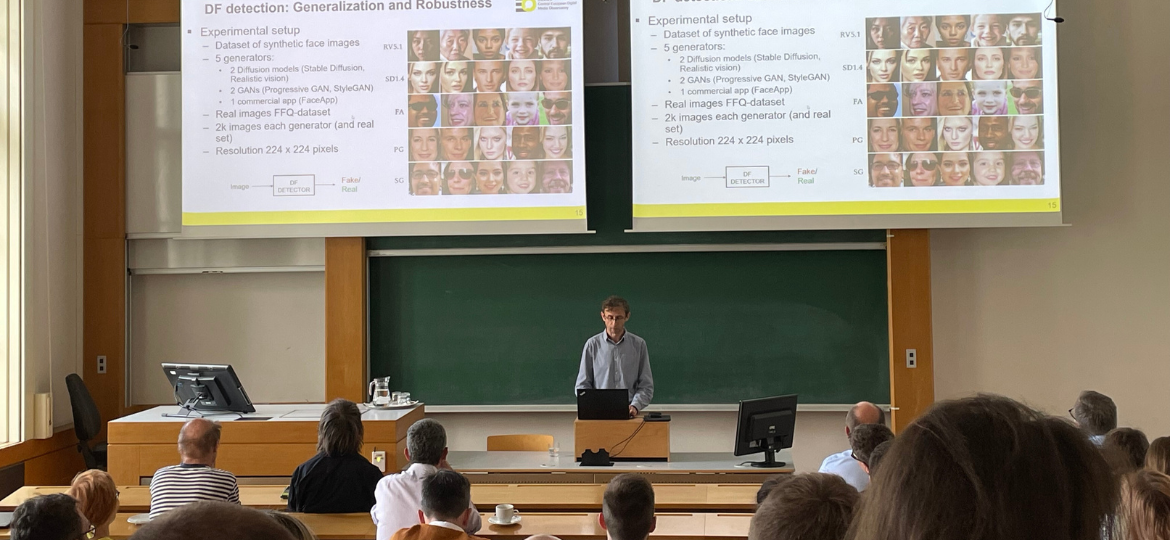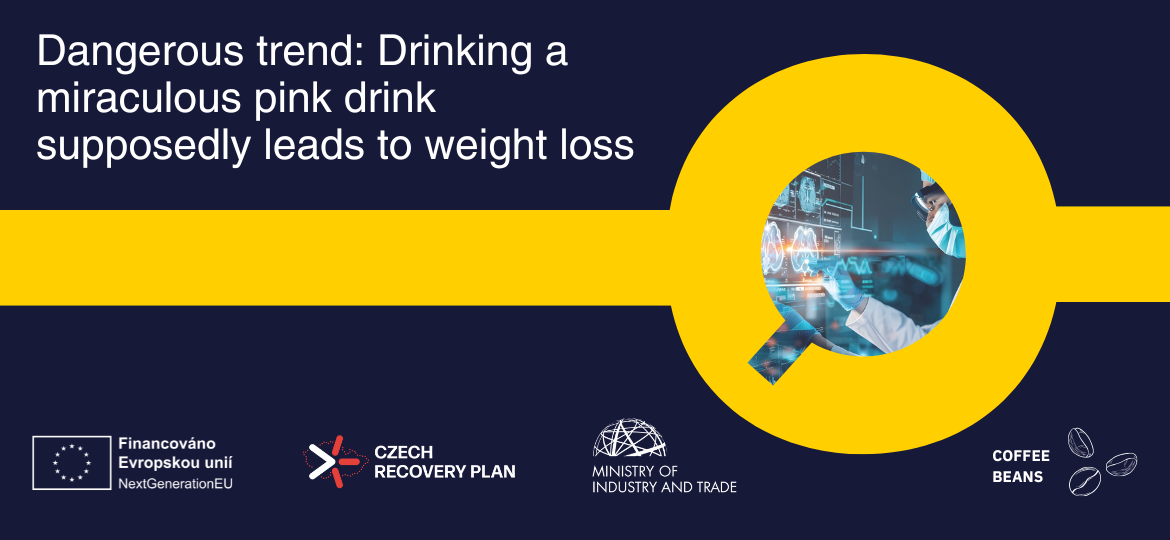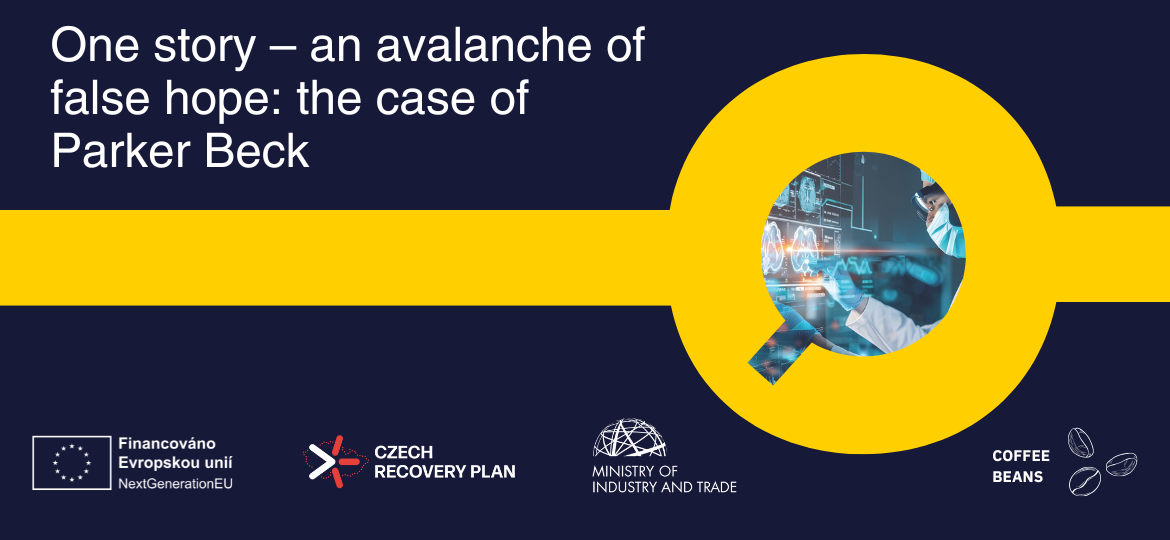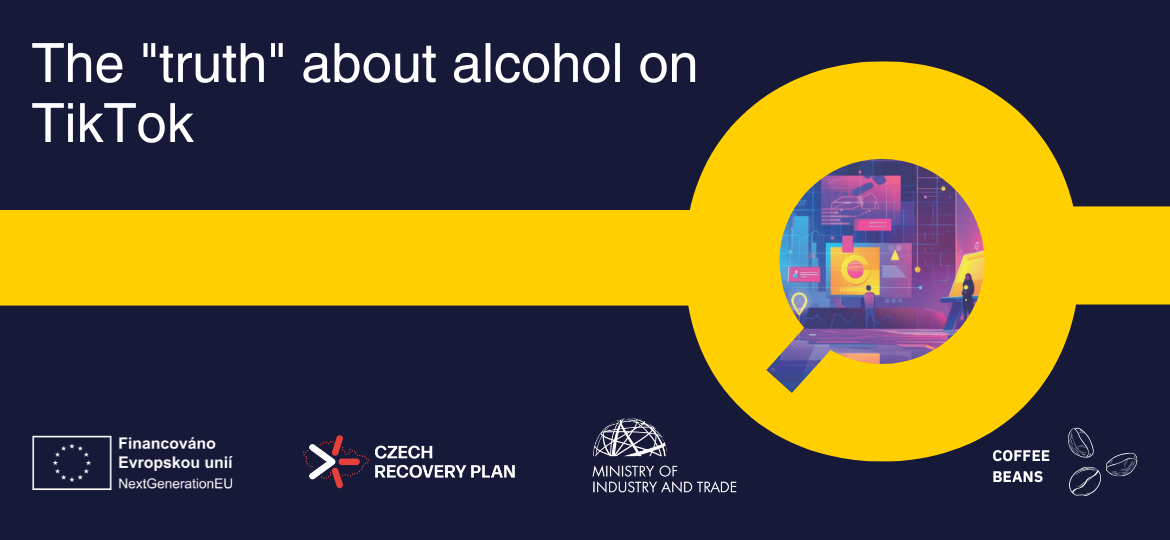About CEDMO
The Central European Digital Media Observatory (CEDMO), as an independent non-partisan multidisciplinary hub, aims to identify, research and prioritise the most critical sources and causes of information disorders in Central Europe (mainly the Czech Republic, Slovakia and Poland). This international consortium was created to propose a set of short and longer-term actions, as well as recommendations to help civil society, public institutions and the private sector respond to the declining trust in key institutions and help society to resist the effect of increasing exposure to mis- and disinformation.
By interacting and coordinating with European Digital Media Observatory (EDMO) and other regional EDMO hubs in EU, CEDMO will contribute to curbing threats posed by information disorders, including disenchantment with the democratic processes, and discord in civil society in Europe, and to building community and nation-wide resilience while protecting information ecosystems.
About CEDMO
The Central European Digital Media Observatory (CEDMO), as an independent non-partisan multidisciplinary hub, aims to identify, research and prioritise the most critical sources and causes of information disorders in Central Europe (mainly the Czech Republic, Slovakia and Poland). This international consortium was created to propose a set of short and longer-term actions, as well as recommendations to help civil society, public institutions and the private sector respond to the declining trust in key institutions and help society to resist the effect of increasing exposure to mis- and disinformation.
Our Partners
About CEDMO
The Central European Digital Media Observatory (CEDMO), as an independent non-partisan multidisciplinary hub, aims to identify, research and prioritise the most critical sources and causes of information disorders in Central Europe (mainly the Czech Republic, Slovakia and Poland). This international consortium was created to propose a set of short and longer-term actions, as well as recommendations to help civil society, public institutions and the private sector respond to the declining trust in key institutions and help society to resist the effect of increasing exposure to mis- and disinformation.
Our Partners
The false post was shared by an India-based Facebook user on August 26, 2022.
“Ivermectin reduces COVID death risk by 92%, peer-reviewed study finds,” says a September 28, 2022 Instagram post with more than 43,000 likes.
“BREAKING: The UK is no longer recommending the Pfizer-BioNTech CV19 mRNA vaccine for pregnant women,” says an August 29, 2022 tweet with tens of thousands of interactions. “Also, they recommend women of child bearing age must rule out suspected pregnancy prior to vaccination.”
With conspiracy theories already bubbling in the too-close-to-call contest between Donald Trump and Kamala Harris, the vote count is expected to take days, giving oxygen to online rancor about the electoral process.
“Months ago, I raised the issue of Haitian illegal immigrants draining social services and generally causing chaos all over Springfield, Ohio,” said Republican vice presidential nominee J.D. Vance in a September 9, 2024 X post.
“Israel’s Channel 12 asked a question in an Israeli public opinion poll: Do you agree with the claim that a soldier is allowed to rape a prisoner with his hands tied? 47% Yes 43% No,” read the caption alongside the altered image posted on Facebook on August 11.
“Look closely. The effects of CO2 on the planet….,” says a November 27, 2022 tweet from former University of Toronto professor Jordan Peterson that has tens of thousands of interactions.
The false post was shared by an India-based Facebook user on August 26, 2022.
“Tornado hurricane patents… Do you get it yet? … The weather is weaponized and controlled,” says text over the video, which shows pages from the two patent filings.
“The reason Fire Fighters have Never seen anything like the debris and destruction of the LA Fires (2025) is because > DIRECTED ENERGY WEAPONS (DEW’s) were utilized to assure Maximum Destruction (EVIL !! ),” said a January 11, 2025 Facebook post. “This has already happened to Lahaina, Maui (Hawaii).”
“We already own Canada… Trump is just ushering it in,” reads the caption of a January 8, 2025 Instagram reel.
“MAJOR ALERT: THE JAIL OUTSIDE THE WHITE HOUSE IS ALMOST COMPLETE !!! ARE YOU READY TO SEE ARRESTS ???” says a November 30, 2024 X post.
“Battle on the Ukrainian front: Ukrainian soldier kissed unborn child goodbye,” reads the Chinese-language caption alongside the image posted on Twitter on March 2, 2022.











